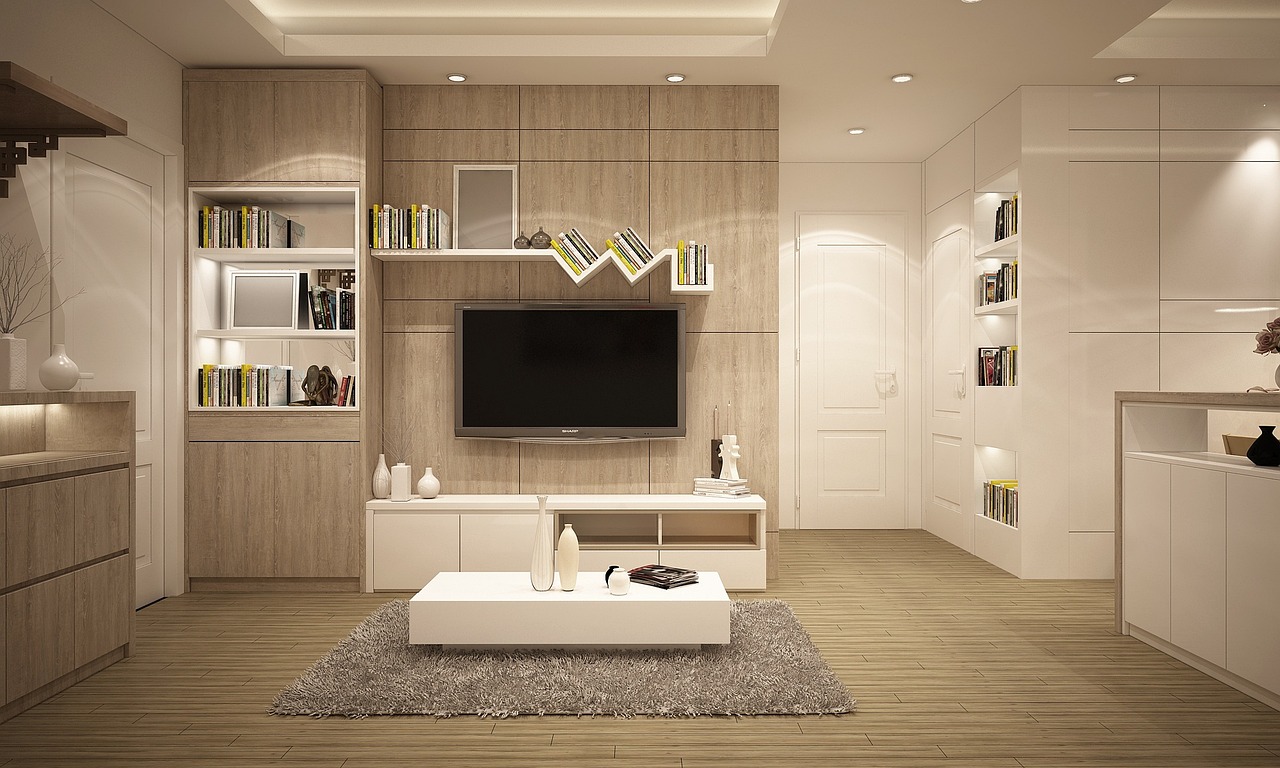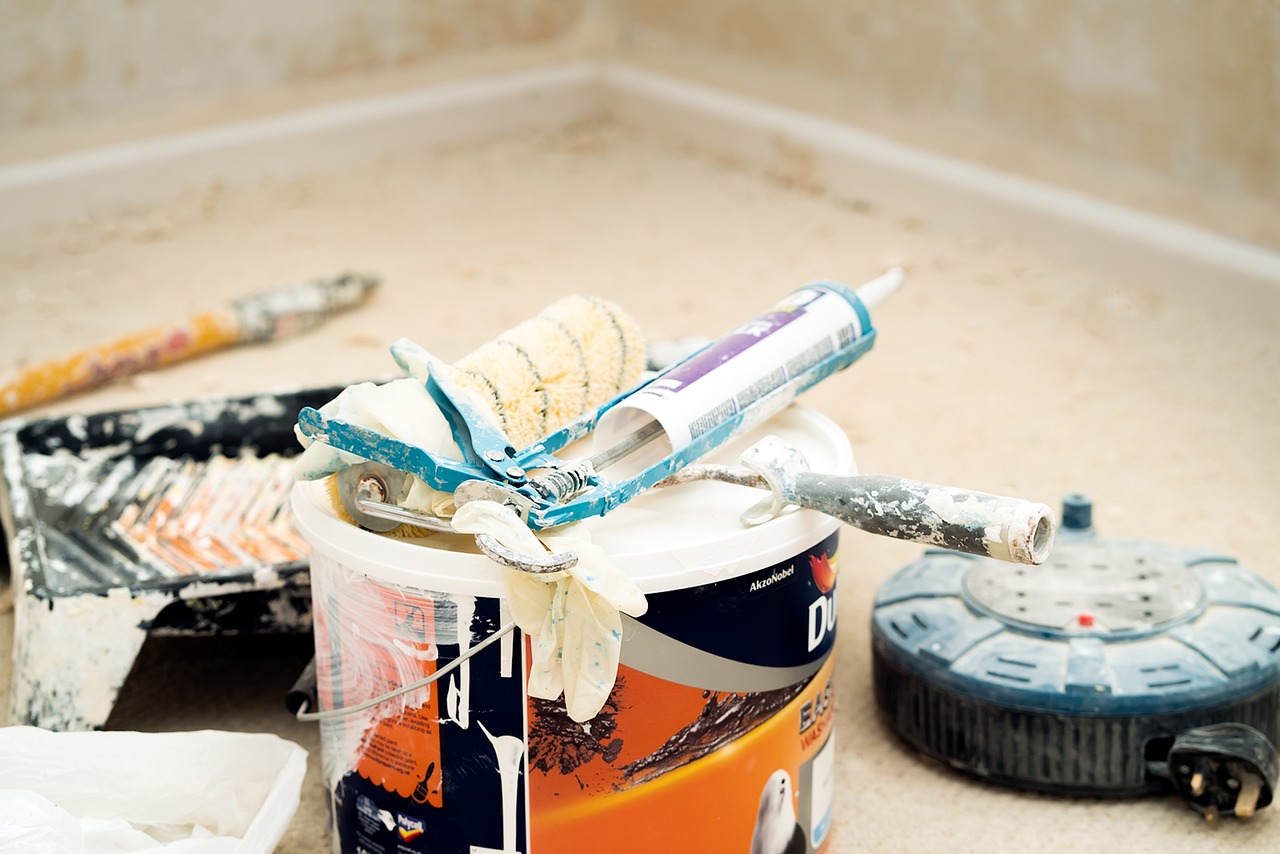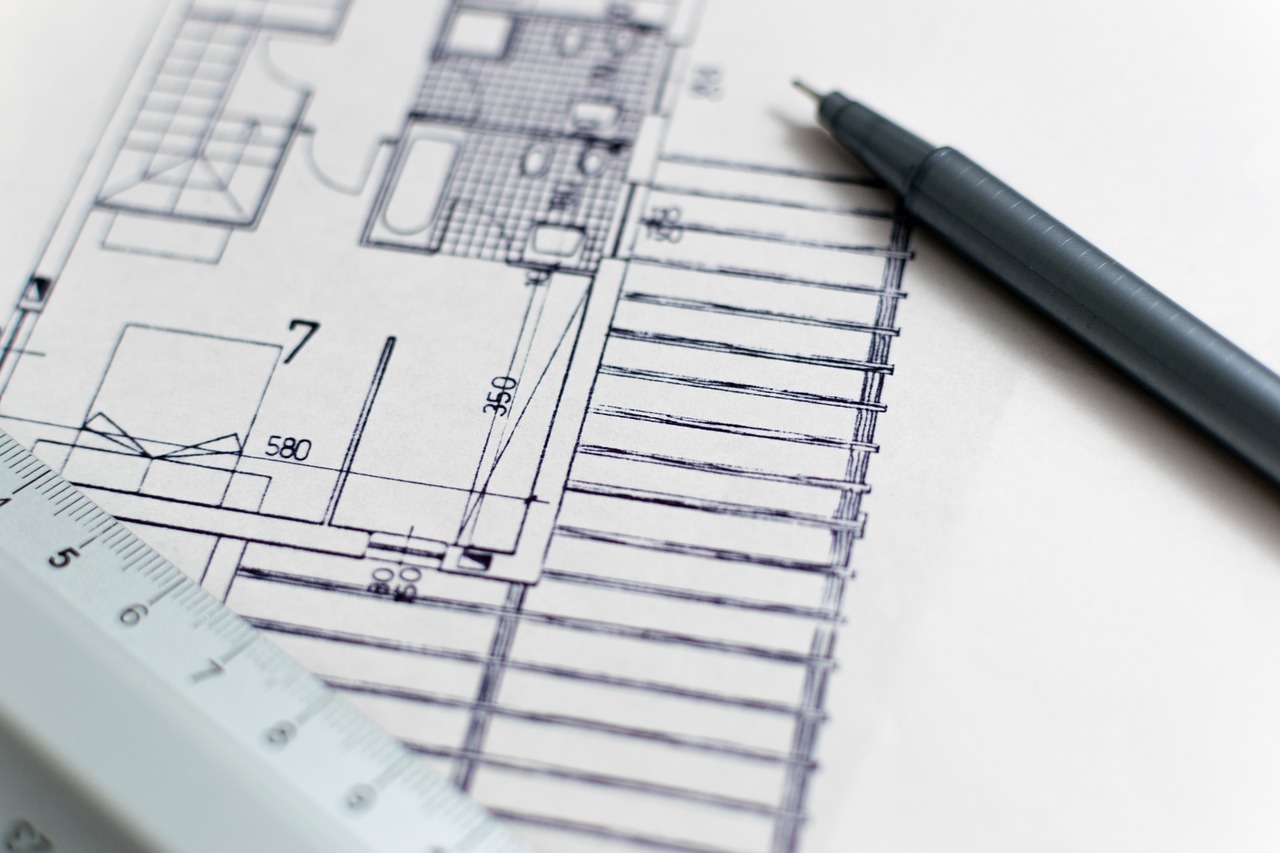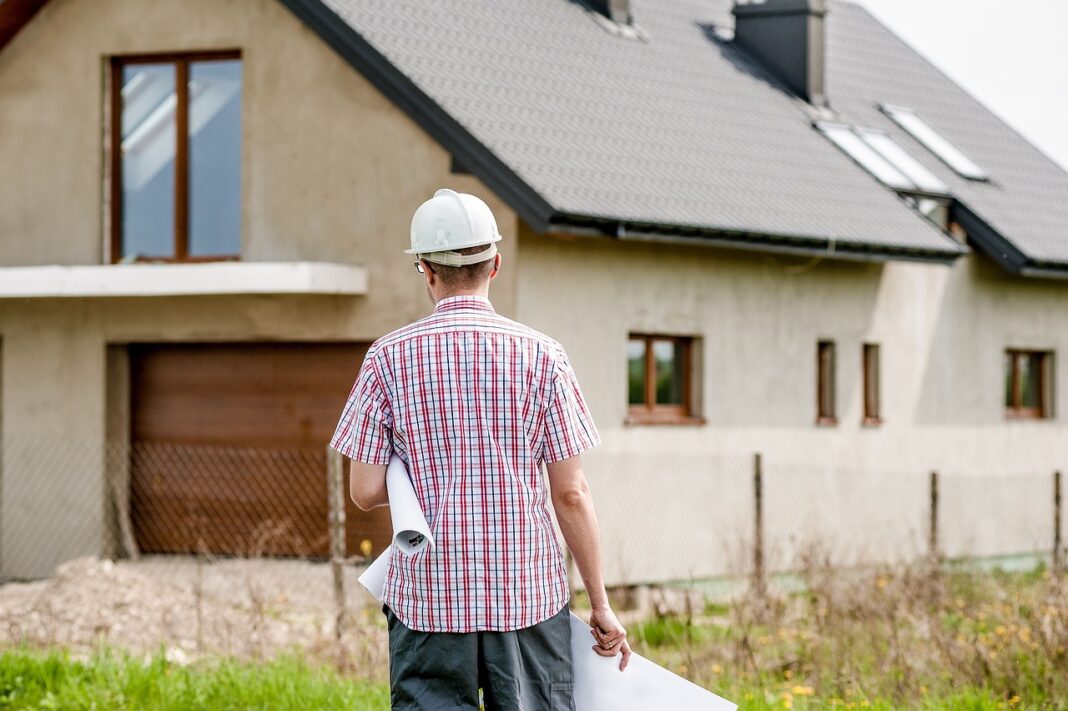Renovating your home in Ireland can be both a rewarding and challenging experience. Whether you’re motivated by the need for necessary repairs or the desire to modernise outdated features, careful planning and budgeting are crucial.
Investing wisely and knowing where to save can help you achieve your dream home without breaking the bank.
Understanding the average interior renovation cost and familiarising yourself with expert budgeting tips will set a strong foundation for your project. Additionally, planning your renovation to avoid delays is essential. If your project requires planning permission, the application process can take up to three months, so it’s important to factor this timeline into your plans.
Consider the potential financial benefits, such as increasing your property value. Renovations can offer personal enjoyment and a good return on investment when done correctly. The key is to balance your budget effectively and make informed decisions throughout the renovation process. Maximising the value of your renovation involves strategic spending and cost-saving measures, ensuring you enhance your home’s appeal and functionality.
Budgeting for Your Renovation Project
Setting a realistic renovation budget is crucial for a successful project. Begin by determining your total available funds and then identify your priorities. Allocate funds to essential areas such as structural work and major systems like plumbing and electrical first.
Breakdown of Costs:
Structural Work: €1,000 – €1,500 per square metre
New Builds: €3,000 – €4,000 per square metre
Finishes and Fittings: Depends on quality and preferences
By understanding these ranges, you can start assessing what fits within your budget.
Tips to Save Money:
Research Thoroughly: Spend time understanding market prices and options.
Hire Professionals: Quality contractors can help avoid costly mistakes.
Opt for DIY Where Possible: Simple tasks like painting can be done yourself.
An important aspect of managing costs is anticipating unexpected expenses. Always set aside a contingency fund of around 10-15% of your total budget. This ensures you have coverage for unforeseen issues such as hidden structural damage.
Anticipated Expenses:
| Item | Estimated Cost |
| Structural Repairs | €5,000 – €20,000 |
| Plumbing/Electrical | €2,000 – €10,000 |
| Finishes and Fittings | €500 – €5,000 |
| Design and Permits | €1,000 – €5,000 |
To maximise your renovation budget, consider claiming the following . This can be beneficial when filing your tax return in Ireland, as it provides a tax relief on renovation costs.
Carefully planning and alloting your budget, incorporating potential savings, and preparing for unexpected expenses can lead to a smoother renovation process and more satisfactory results.

Designing Your Dream Home
Designing your dream home involves thoughtful consideration of various factors, from layout to materials. Begin by envisioning how you want the completed space to look and function. Your goals will guide every decision you make throughout the design process.
Hiring a skilled designer or architect can greatly enhance the project’s success. These professionals will help you create a detailed plan that maximises space and functionality.
When planning the layout, think about how different rooms will connect and flow. Ensure that the layout supports your lifestyle, whether that means open-plan living areas or more segmented spaces for privacy.
Materials play a significant role in both aesthetics and practicality. Select high-quality materials that ensure durability and long-term satisfaction. For instance, wood, stone, and sustainable alternatives not only look great but also offer longevity.
Prioritising energy efficiency is crucial. Choose insulation, lighting, and heating systems that lower energy consumption. This not only reduces utility bills but also minimises your home’s environmental impact.
Effective use of lighting can transform your home. Incorporate both natural and artificial light strategically to enhance the ambiance and functionality of each room.
Functionality is paramount. Design each space with purposeful intent, ensuring that every room serves a specific function without clutter. The kitchen, for instance, should have a user-friendly design with ample storage and workspace.
Incorporating these elements thoughtfully will help you craft a home that is not only beautiful but also highly functional and efficient.

Executing the Renovation
Planning your renovation project meticulously is crucial. Start by drafting a detailed plan outlining each phase of the renovation, setting a realistic timeline, and defining your budget.
Selecting the right builder is paramount. Conduct thorough research and seek multiple quotes through a tendering process to ensure competitive pricing and quality workmanship.
A time contingency is essential to accommodate any unexpected delays. Setting aside roughly 10% of your budget can provide a buffer for unforeseen issues.
When the renovation work begins, maintaining site safety standards is critical. Ensure safety protocols are followed to prevent accidents. Installing a reliable fire alarm system is necessary for ongoing safety.
Regular communication with your builder helps maintain focus on your renovation goals. Schedule consistent site visits to monitor progress and address any concerns promptly.
Planning, budgeting, and executing with a focus on quality workmanship and site safety will help ensure a successful renovation.
Finishing Touches and Detailing
When wrapping up your home renovation, focus on fixtures. High-quality fixtures, like taps and light switches, can elevate the overall look of your space.
Painting is another critical element. Opt for colours that complement your overall design scheme.
When selecting furniture, consider both style and comfort. Choose pieces that fit your design process and enhance the room’s aesthetics.
Appliances should not only be functional but also seamlessly blend with your interior. Modern, energy-efficient appliances can add a sleek finish.
Effective storage solutions are indispensable. Built-in storage options help keep your home organised and free from clutter. Think about custom wardrobes or hidden storage that maximise space.
Incorporate multi-functional furniture that serves multiple purposes. For example, a sofa bed provides seating by day and a guest bed by night.
Pay attention to detailing in small aspects like cabinet handles and door knobs. These minor elements can make a major difference.
Keep functionality in mind. Choose items that are easy to maintain and durable, ensuring they stand the test of time.
Small additions such as artwork, rugs, and throws can tie the space together. They add personality and create a cosy atmosphere without overwhelming the design.
By prioritising these finishing touches and details, you can achieve a harmonious and polished home renovation.
Specific Renovation Considerations
When embarking on home renovations in Ireland, focusing on elements like structural changes, kitchen and bathroom refurbishments, and updating windows, doors, and flooring is crucial. These aspects not only enhance the aesthetic appeal but also improve functionality and energy efficiency.

Incorporating Extensions and Major Structural Changes
Incorporating extensions, such as a two-storey house extension, significantly increases the living space. These projects require careful planning and adherence to local building regulations. Choose experienced architects and builders to ensure structural integrity.
Structural changes often involve modifying load-bearing walls, which might need architectural approval. Ensure you have a clear budget outline, as such changes can be costly. Forecast potential issues such as plumbing rerouting when planning extensions.
Kitchen Renovation and Bathroom Refurbishment
A kitchen renovation is often at the top of the priority list for homeowners. Opt for designs that maximise space and functionality, such as installing a painted shaker kitchen that provides a timeless look. Pay attention to the layout to ensure efficient workflow between the sink, fridge, and hob.
In bathrooms, refurbishment should focus on updating fixtures and tiles. Modern plumbing can significantly improve water efficiency and comfort. Select durable, water-resistant materials for flooring and walls to enhance both longevity and hygiene.
Windows, Doors, and Flooring
Updating windows, doors, and flooring boosts both aesthetics and energy efficiency. Double-glazed windows are essential for improved insulation and reducing energy bills. Choose doors that complement your property’s style while enhancing security.
Flooring materials should be durable and suitable for each room’s function. Hardwood, laminate, and tiles are popular choices. Consider underfloor heating for added comfort, especially in areas like the kitchen and bathroom where tile flooring is common.
The above section is a comprehensive guide that covers the critical considerations you should keep in mind when renovating your home in Ireland, focusing on extensions, kitchen and bathroom renovations, and updating essential elements like windows, doors, and flooring.
Budget Management and Cost Saving Tips
Managing your renovation budget efficiently can make the difference between a successful project and an overwhelming financial burden. Start by setting realistic cost expectations from the outset. Understand where it’s wise to spend and where you can save.
Prioritise Spending: Invest in areas that add value to your home. Kitchens and bathrooms, for example, often offer the best return on investment. Ensure quality materials are used in these high-traffic areas to avoid frequent future repairs.
Save on Fixtures: Opt for affordable yet stylish fixtures and fittings. Consider visiting reclaimed or surplus stores for unique finds at a fraction of the cost.
Budget for Unexpected Expenses: Allocate at least 10-15% of your budget for unforeseen expenses. This helps manage any unexpected costs that inevitably arise during renovation projects.
Be Upfront About Your Budget: Transparency with your designer or architect can significantly streamline the process. Professionals can offer tailored advice that aligns with your financial limits. This can help avoid delays and costly revisions.
DIY Where Possible: Tackling minor tasks yourself can save labour costs. Basic painting or assembling furniture are simple ways to cut costs without compromising on quality.
Compromise Smartly: Don’t sacrifice essential features for cost-saving. Focus on affordable alternatives that don’t impact the overall integrity and function of your home. For example, rather than bespoke cabinetry, consider stock cabinets with upgraded hardware.
By carefully planning and prioritising your spending, you can navigate your renovation project with confidence and efficiency.
Post-Renovation: Evaluation and Maintenance
After completing your home renovation project, conducting a thorough evaluation is essential. Inspect the property to ensure all work matches your expectations and contractual agreements. Check for any defects in workmanship, such as uneven flooring or poorly finished surfaces.
Create a comprehensive punch list noting any issues that need rectification. Share this list with the contractors for prompt resolution. A walkthrough with the contractor can be helpful to identify any overlooked details.
Evaluate the functionality of installed systems, such as electrical, plumbing, and HVAC, to confirm everything operates correctly. Test all appliances and fixtures installed during the renovation.
Regular maintenance is crucial to uphold the longevity and quality of your renovation. Schedule routine check-ups for essential systems to avoid unexpected failures. Frequent inspections help in identifying minor issues before they escalate.
Keep a maintenance log detailing all inspections, repairs, and updates. This record can be invaluable for future reference and in case you decide to sell the property later.
Here’s a simple checklist for your post-renovation evaluation and maintenance:
- Inspect work quality and finish
- Create a punch list for discrepancies
- Conduct system tests (electrical, plumbing, HVAC)
- Initiate regular maintenance schedules
- Maintain a detailed maintenance log
By staying vigilant and well-informed, you can ensure that your home renovation adds lasting value to your property.
Conclusion
Renovating your home in Ireland can be a rewarding endeavour if approached thoughtfully.
Set Realistic Goals: Begin by defining your vision and setting clear, achievable goals. Whether it’s creating more space, modernising your home, or bringing in natural light, clear objectives will guide your project.
Budget Wisely: Be upfront about your budget. Make informed decisions on where to spend and where to save.
Plan Efficiently: Avoid delays by detailed planning. Create a schedule that accounts for all stages of the renovation process, ensuring a smooth progress.
Navigating Regulations: Understanding local regulations is crucial. Make sure you comply with planning permissions and building regulations..
Choosing Contractors: Select reputable contractors to ensure quality workmanship. Recommendations and reviews can be extremely helpful.
Smart Planning: Detailed planning is vital to manage house renovation costs. Ensuring all expenses are accounted for will keep your spending in check.
By following these guidelines, your home renovation project can achieve the desired outcome, making your home more comfortable and enhancing its value.
